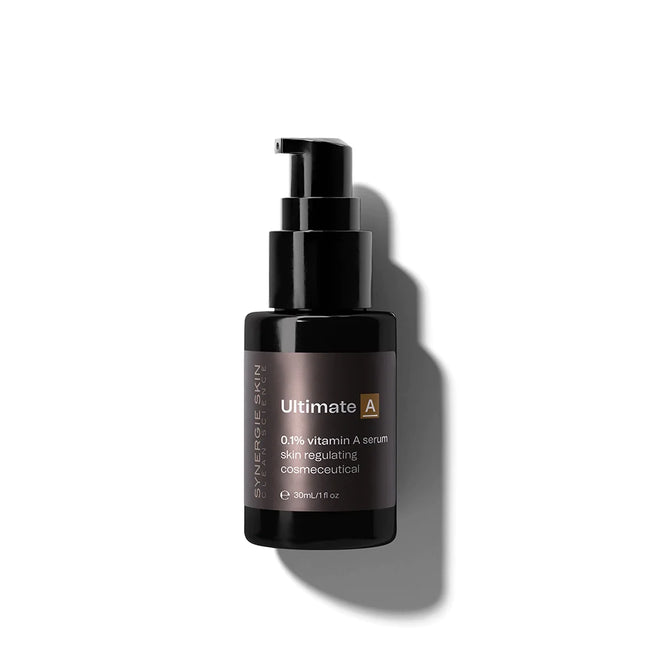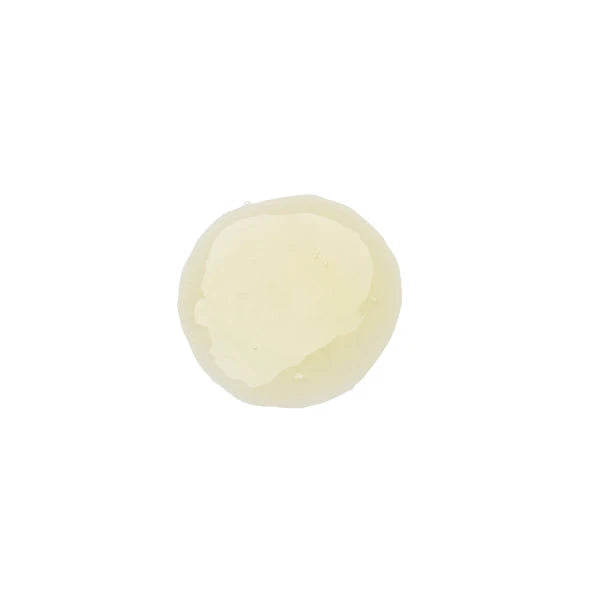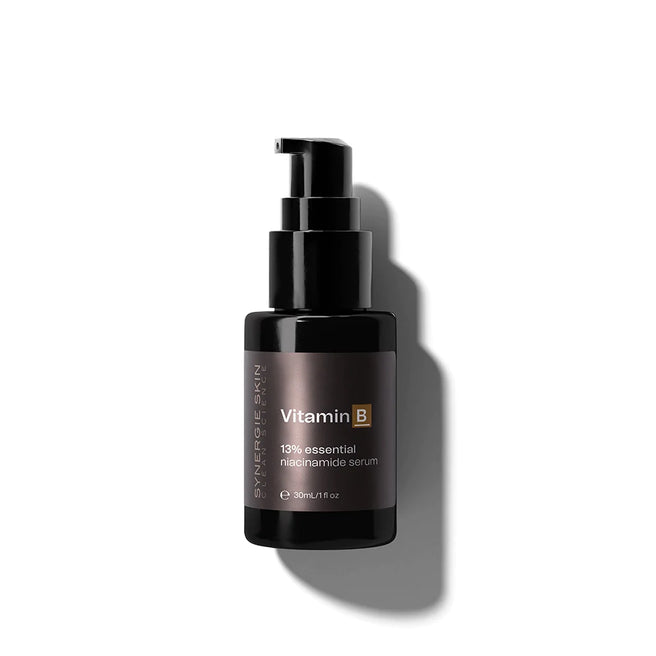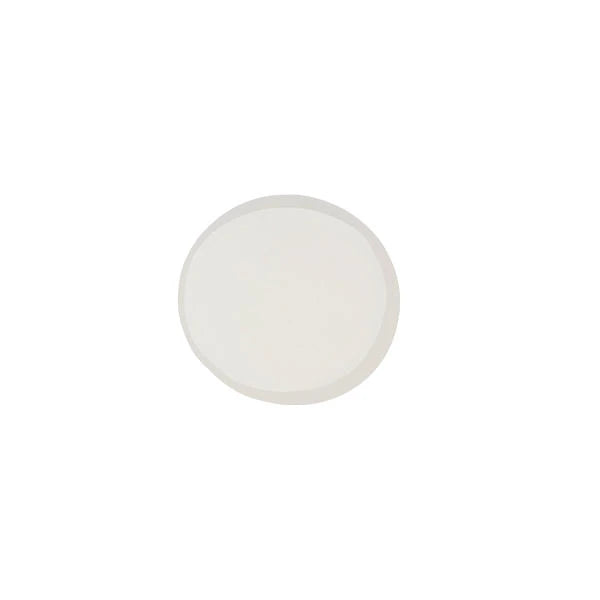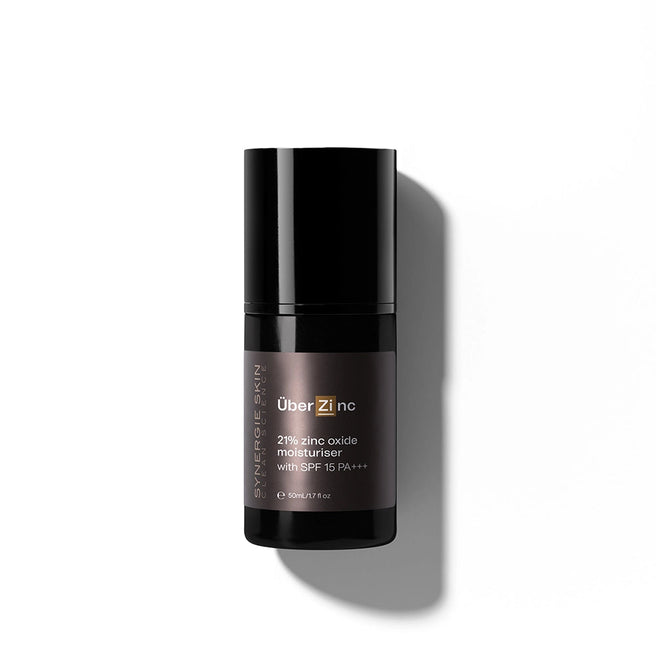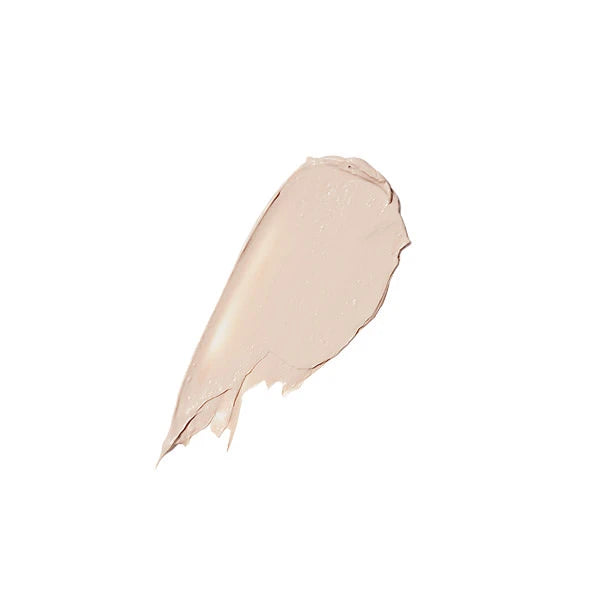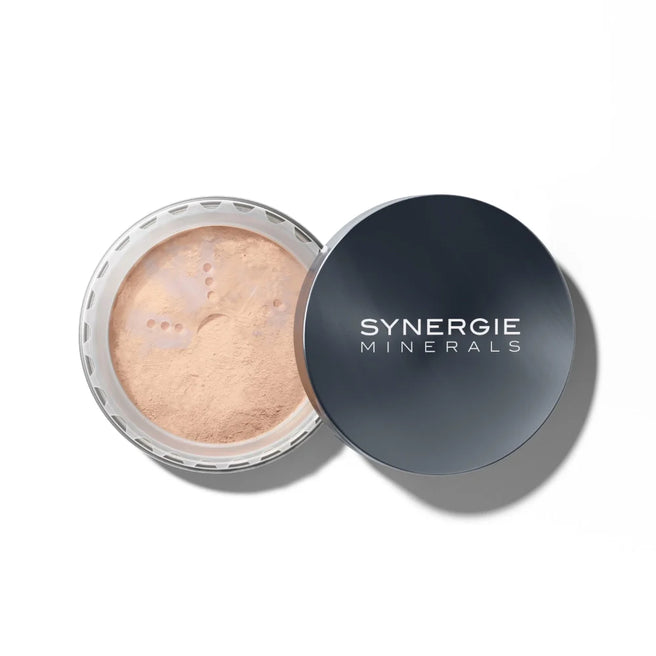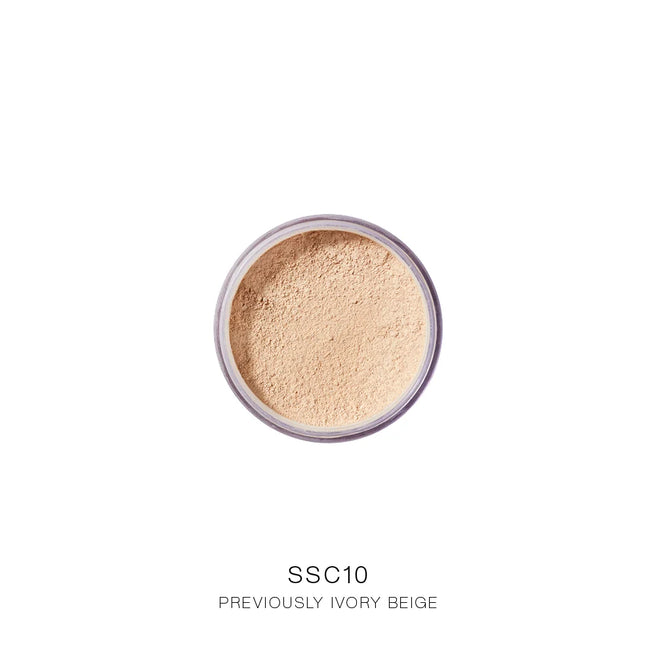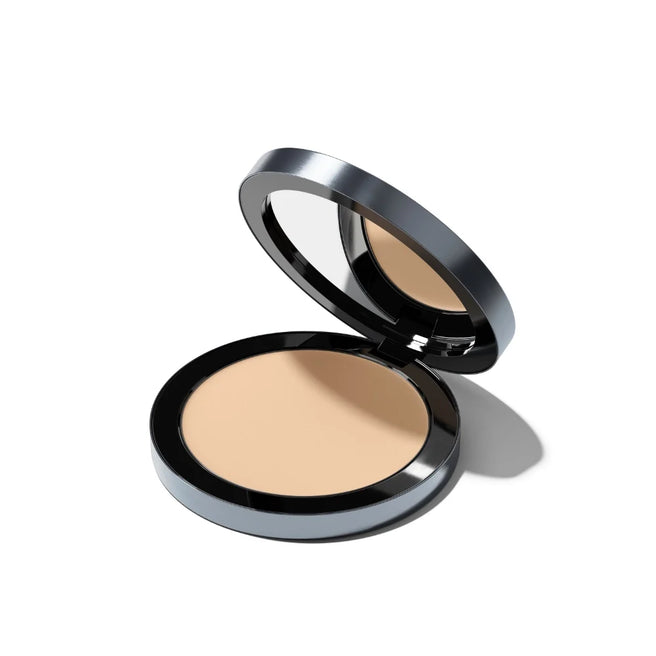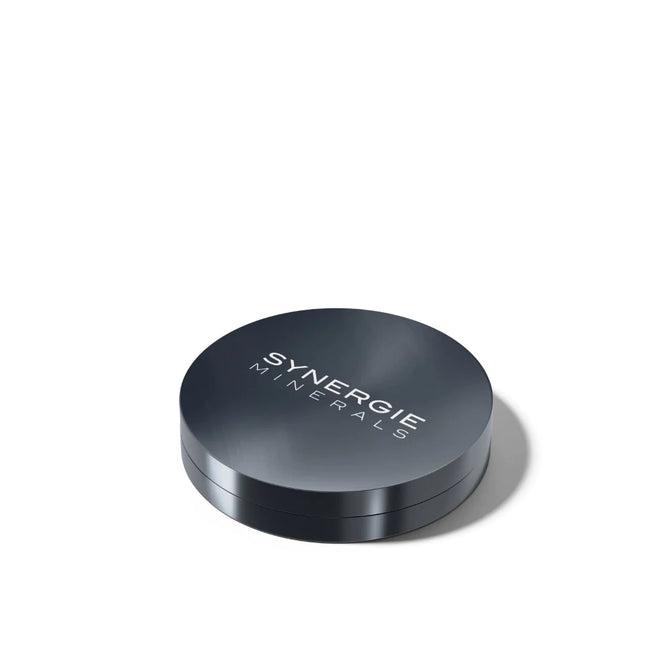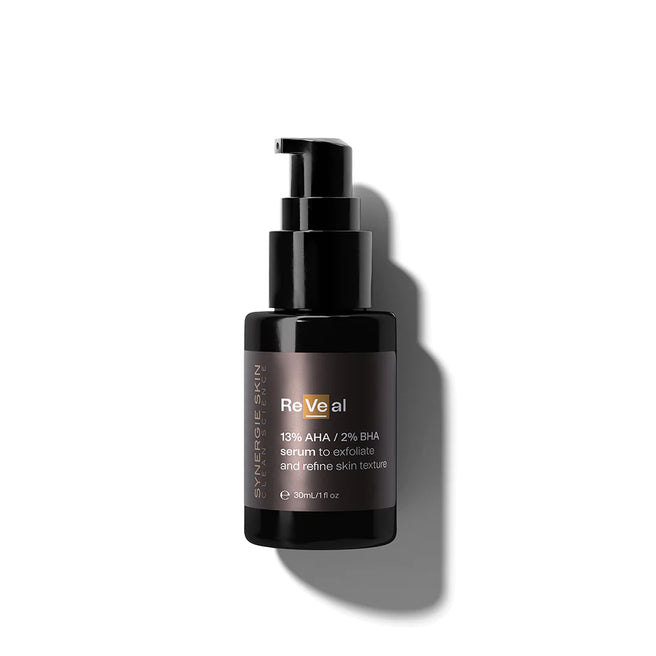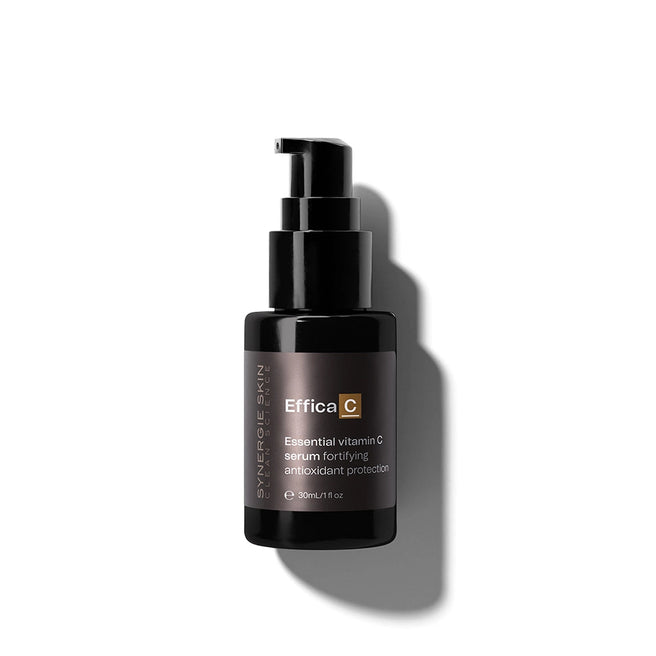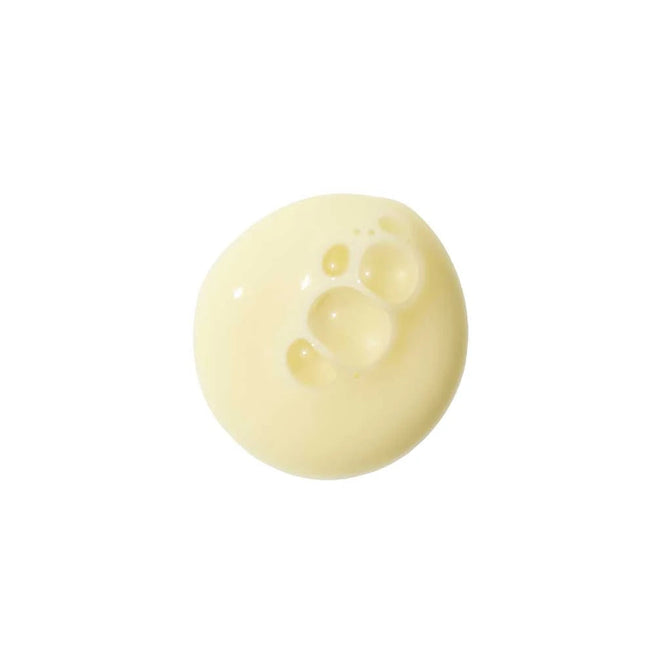While some consider menopause to be Mother Nature’s cruel joke, others sail through it with a new sense of freedom. Choosing how to journey through this phase is very personal. If you're presented with the facts, you can be empowered to make your own decisions, particularly with skincare.

I remember hearing those horror stories about menopause. If periods and childbirth weren’t enough of a life challenge, along comes elevated emotions, skin changes, hair growing in new and unusual places, and those dreaded hot flushes where your partner observes your need to throw off a thin cotton blanket in the middle of winter, while they pull up the goose down doona in confusion. Believe me, I’ve been there! So, let's demystify this stage in life...
What is menopause exactly?
Menopause is officially marked as one year after your final period. It generally happens any time between your mid-forties to mid-fifties. The period before menopause is called ‘perimenopause’. This can last for months to years, and may be accompanied by irregular periods, hot flushes, mood swings and significant skin changes. Your skin goes through some gradual but dramatic changes during menopause because of the significant dip in your estrogen, progesterone and even testosterone levels. Yes, we ladies have testosterone too.

What is hormone replacement and what are the alternatives?
Many women opt for hormone replacement therapy (HRT) to reduce the symptoms of menopause and the changes in their skin. This can be controversial because of the link to breast cancer. Again, I stress, this is a personal choice and must be considered with your trusted physician. Bioidentical hormone therapy (BHRT) is considered a safer option than traditional hormone replacement because BHRT is chemically identical to human female hormones. Despite natural claims, BHRT can be synthetically created. If you are experiencing severe menopausal symptoms, I suggest you discuss options with a medical specialist such as an endocrinologist (a hormone specialist).

How does it impact the skin?
Collagen loss
Estrogen decline has a direct impact on collagen loss, which leads to more fine lines and wrinkles. Women lose up to 30% of their collagen in the first five years of menopause and 2% every year thereafter, so we need to protect our precious collagen reserves and stimulate our fibroblast cells to make more. Introducing ingredients that work on collagen production and collagen protection are critical. These include retinoids (found in Ultimate A), vitamin B3 (try our Vitamin B serum), vitamin C (such as EfficaC), as well as specific collagen-stimulating peptides and collagen-protecting broad spectrum sunscreen. Mineral sunscreen and mineral makeup, in particular, protects from UVA, UVB and infrared light.
Sagging skin and jowls
This is a two-fold consequence of ageing and menopause, partly due to collagen loss and partly due to bone loss, which occurs more rapidly after menopause. Bone loss makes our entire skull smaller, so our face begins to lose volume (think of a slightly deflated balloon). Unfortunately, there is no skincare ingredient that can significantly increase the volume of the face to counteract this bone loss. The best option to add volume is injecting dermal fillers of hyaluronic acid or other more permanent fillers such as fat transfers. In terms of skin tightening, I would suggest fractional laser, skin needling and radiofrequency clinical treatments that can tighten the skin and reduce the appearance of sagging over a period of months. These treatments should only be performed by qualified skin specialists and are best coupled with collagen-stimulating cosmeceuticals.
Menopausal acne
This is so cruel. You’d think that by now you’ve kissed acne well and truly goodbye but unfortunately this isn’t always the case. The fluctuations and dips in hormones can lead to acne blemishes, particularly around the jawline. Menopausal skin is drier and thinner than adolescent skin so the treatment must be gentle. Avoid drying ingredients like benzoyl peroxide. Low level salicylic acid peels (around 5%) performed in a clinic will help to unblock pores and reduce acne inflammation, and at-home exfoliants with salicylic acid, lactic acid and mandelic acid (such as ReVeal) are recommended on alternate days. Vitamin B3 serum (try our Vitamin B) and vitamin A (that is, retinol or hydroxy pinacolone retinoate found in Ultimate A) are also excellent for balancing excess oil.
Redness
But wait… there’s more! The skin can become sensitive and more reactive, and flushing can cause redness in the face, so look for ingredients that target facial redness. My fave is sea buckthorn oil (found in DermaCalm), and there are some great peptides that target redness, such as acetyl tetrapeptide-40. In terms of lifestyle, it is best to reduce alcohol consumption and avoid overheating and spicy foods, which may make the flushing and redness worse.
Increase in facial and body hair
The changes in testosterone and estrogen can lead to increased hormonal hair growth. For longer term treatment, this can be addressed with IPL treatments (provided the hair is dark enough, not grey or blonde) and electrolysis treatments.
Increased skin sensitivity
During menopause, our skin pH shifts from the sweet spot of pH 5.6 and becomes slightly more alkaline. This makes our vital skin barrier more prone to sensitivity because there are lower levels of natural skin lipids (ceramides), and the bacterial balance on the surface is out of whack during menopause. It is vital to keep the skin barrier strong, and this means using vitamin B3 serum (try Vitamin B), along with emollient moisturisers (browse our range) to lock in the hydration. Stay away from potential irritants, especially artificial fragrance and products that are drying or high in alcohol.
Uneven skin tone
This is the time when our precious melanocytes (those cells that make our melanin pigment) aren't working as efficiently as they once did. You may notice you are getting more sun damage on your hands, chest, face, and other sun-exposed areas. It’s like all that sun exposure over the years has finally caught up with you. To maintain a more even skin tone, you must stay out of the sun, cover up and use a high quality mineral based sunscreen (such as our best seller, ÜberZinc). However, do have a little sunlight in the early morning or late afternoon so you get your vital dose of vitamin D. Cosmeceuticals such as vitamin B3, vitamin A and certain peptides are excellent at addressing pigmentation and uneven skin tone, and various treatments such as skin peels, IPL and laser treatments can reduce sunspots and uneven pigmentation.
Lifestyle
If you lead a healthy lifestyle and apply pre-emptive strategies to reduce the symptoms, menopause can be much easier to deal with. These lifestyle choices include:
- Regular exercise (including weight-bearing) to maintain bone density and optimise your blood sugar levels. I personally include 15 minutes on my vibrational trainer each day as this maintains bone density and lean muscle mass. It also helps to elevate mood by stimulating brain endorphins. It was originally invented by NASA scientists to maintain bone and muscle for the astronauts. If it is good enough for NASA, it’s good enough for me! My advice is do not go for the cheap machines. You really get what you pay for and the vibrating plate must vibrate at 20Hertz or more to build muscle. Lower levels are more like a massage, which is still beneficial but not what we need for bone and muscle maintenance.
- Increase your levels of macronutrients (naturally or via quality supplements) and avoid processed foods and refined carbs.
- Ensure your vitamin D levels are sufficient. Don’t avoid sunlight entirely and take supplements if your levels are low.
- Keep up your good oils and ensure you are having omega fatty acids in the right ratio.
As I personally have first-hand experience with menopause, I can openly state that despite its inconvenience, I celebrate this new stage in my life. I have made the decision to embrace ageing as gracefully as I can and try to continue to be the healthiest version of myself possible. Getting older is a privilege… and it sure beats the alternative!





